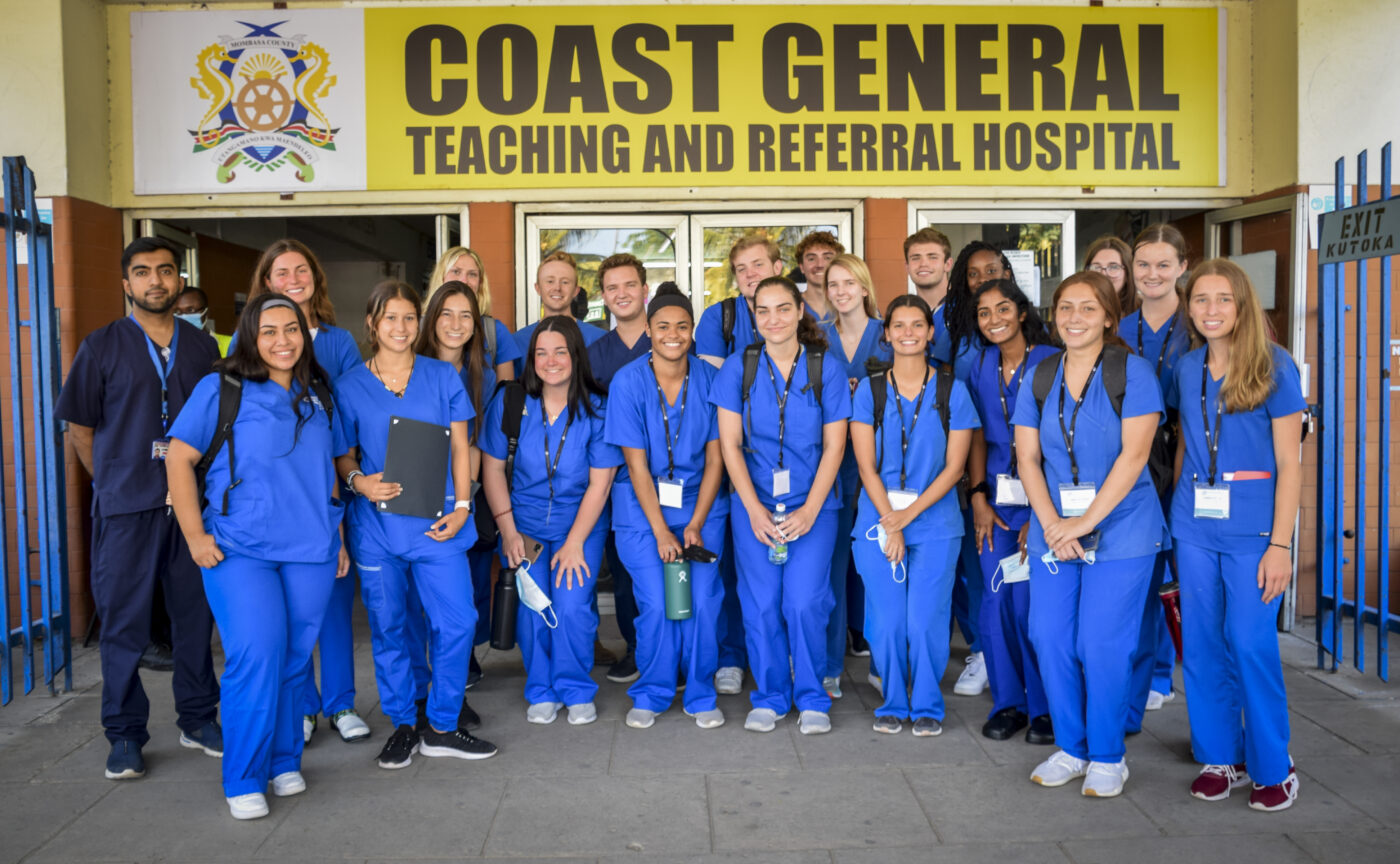The medical industry encompasses several fields, although the skills required in the different healthcare professions are often the same. Skills like patient care, understanding regulations, data analysis, and operating medical tools are universally needed. So are soft skills like time management, communication, leadership, and critical thinking.
If you want to become part of the over 18 million workers in the healthcare sector, strive to develop such skills as early as possible. As a high school student, you can access pre-med programs to determine whether a career in the sector is worth pursuing.
In this article, you’ll learn more about how pre-med programs help you gain and enhance the necessary skills to help improve your future career and life.
Understanding Pre-Med Programs
According to the American Association of Medical Colleges or AAMC, only 36% of medical school applicants were accepted in 2022.
Participating in a pre-med program for high school students helps increase your chances of being accepted to the school of your choice. These short-term programs are offered in different settings, including schools, hospitals, laboratories, and research centers. Some organizations facilitate medical internships abroad, even for high school students.
Often, these programs are a mix of lectures and seminars, with hands-on training included. Some programs are focused on research studies, with participants forming part of a research team, while others require young students to perform clerical and basic clinical work. Ultimately, these programs offer hands-on training and experience in multiple medical fields.
How to Network and Grow As a Pre-Med Program Participant
The healthcare sector is one of the fastest-growing industries worldwide. In the United States alone, 58,000 healthcare jobs were added in January 2023, according to the Bureau of Labor Statistics (BLS). The agency likewise reported that, on average, 47,000 jobs were added to the monthly in 2022. These figures indicate a great demand for medical workers, making it an attractive profession for young people.
Here are some tips to ensure a successful path toward your chosen high school pre-med program career growth:
1. Connect with Mentors, Teachers, and Fellow Students
High school pre-med program networking is crucial to increase your chances of acceptance. Program applicants must submit reference letters from academic contacts who can attest to their internship qualifications. If you haven’t established good relations with your science advisor or school administrator, they’re unlikely to support your application.
But the networking opportunity doesn’t end there. After getting in, attend lectures and seminars conducted by professors and medical practitioners. Absorb the lessons and theories shared and participate in discussions actively to get noticed. Who knows, they might be interested in mentoring you.
Similarly, talking with your fellow participants helps you make new friends, enrich your knowledge, and establish lasting relationships with fellow students and alums.
Some programs offer a complete package, where participants receive professional development workshops and guidance in their college applications and navigating medical schools, all of which effectively help in building relationships in healthcare.
2. Grab Every Opportunity to Learn Invaluable Career and Life Lessons
Most pre-med programs last a few weeks, so find every opportunity to learn from every activity. Signing up for a college-based program, you’d experience the life of a medical student and witness the university’s culture. You can then decide whether the program and the school are right for you or if it’s best to move forward with another school or career path.
For your hands-on training and simulations, you’ll discover how to handle difficult patients and challenging situations, especially if you’re in a developing country. Such experience will stick with you for life and make you a better person. Eventually, the lessons learned can also shape your career as a healthcare worker.
3. Be Independent But Work With a Team
Being independent and mature are two of the best indicators you’re growing through pre-med programs. Whether inter-state or overseas, a pre-med program will teach you to solve problems and deal with situations independently.
Almost all settings—from laboratory studies, dissections, case studies, and other projects—require at least two people or a small group to complete, so you must be a team player and a good leader. Doing so can be applied in almost all work settings, whether you decide to pursue a medical career or not.
4. Hone Your Critical-Thinking Skills
Critical thinking should be inherent to all medical practitioners, who use it daily to improve their services and patient outcomes. Doctors need it to form diagnoses about a patient’s sickness, later validating them through diagnostic and screening procedures. Nurses likewise require critical thinking to address patients’ problems and develop the best interventions for patient care.
The same can be said for high school students taking completing pre-med programs, as they’re expected to ask questions and dive deeper into their understanding of current health and medical issues.
Final Thoughts
A medical career isn’t for everyone, and a pre-med program will help young students decide whether to pursue a healthcare profession. Besides helping hone young students’ skills, participating in one increases their chances of admission exponentially. Most importantly, it helps build their character no matter which path they choose.





